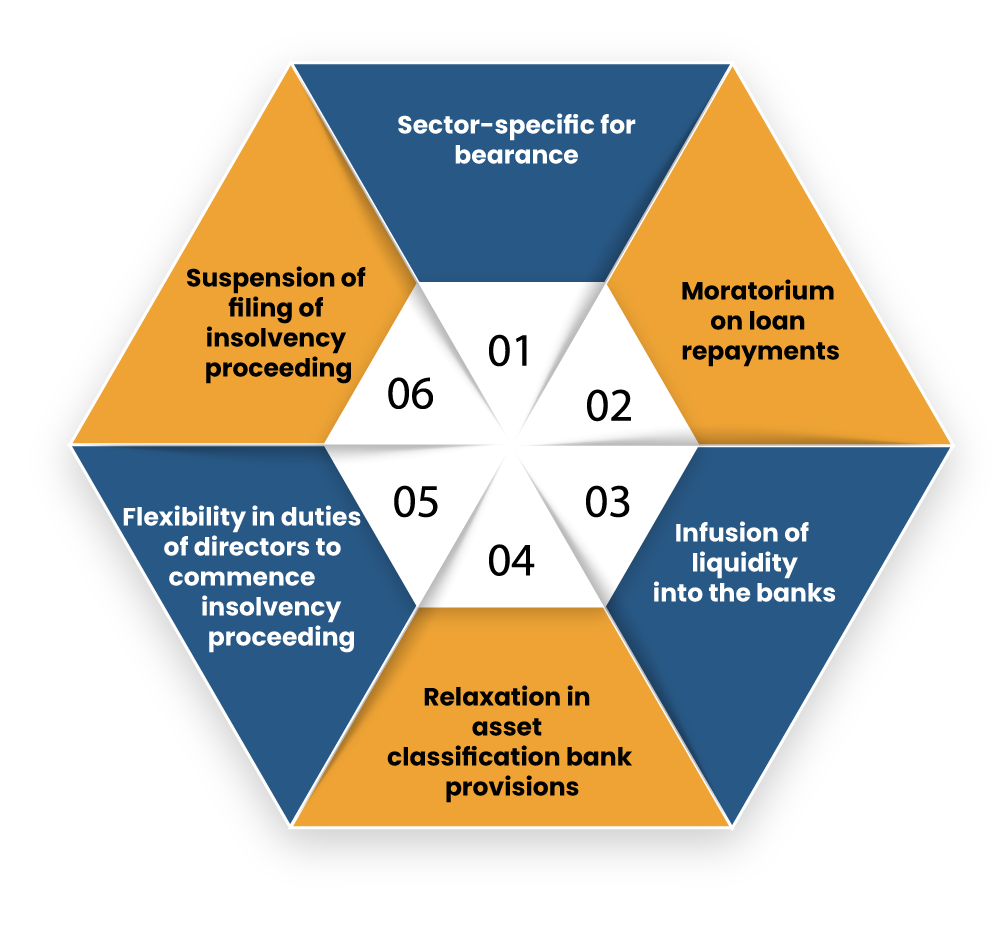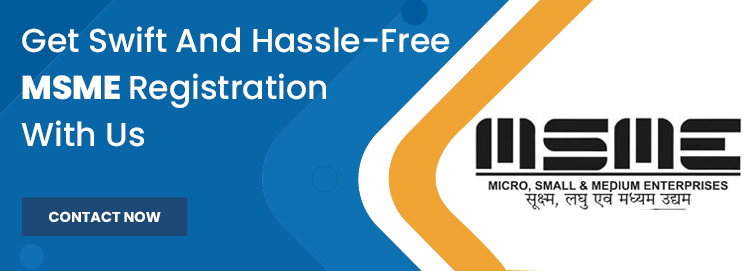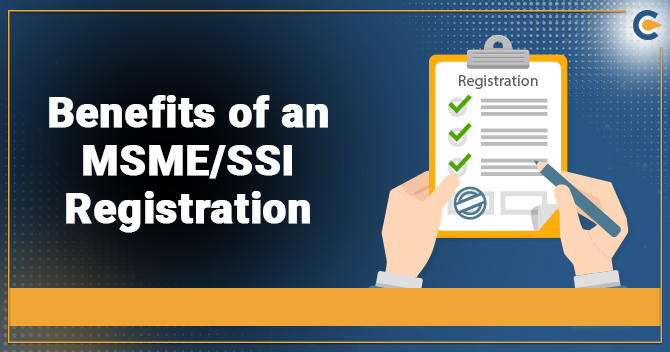The introduction of the Insolvency and Bankruptcy Code, 2016 (aka “IBC) has led to a groundbreaking change in India’s corporate distress resolution framework. Sign of relief to the company whose future previously depended on the array of debt restructuring schemes launched in the past, the failures of which often lead to insolvency or left the companies with unproductive assets whose value degrades with time. The rigidity in the previous debt restructuring schemes has led to the birth of Pre-pack insolvency resolution process for MSME.
In the Indian business landscape, most entities are driven by promoters. Presently, IBC bars the company management, accountable for leading the company toward insolvency, to recoup control over the business. This leads to the creation of an imbalance situation that can be effectively counter via Pre-Pack schemes.
Pre-pack refers to a scheme where the debtor talks with the creditor to stay in business and keep its business activities running. For a scenario where a company is inching towards insolvency owing to macroeconomic disturbances, then it would be a viable alternative to permit the promoter to revive its company since he is familiar with the dynamics and operational hindrances.
The pre-Pack scheme being the newest step in the development of the IBC, envisages at coordinating various corporate restructuring tools such as asset selling of the debtor to another company, interim financing, refinancing, change in management etc., before the debtor inches towards insolvency proceedings under IBC.
The interim report prepared by the Bankruptcy Law Reform Committee, Feb 2015, talked about the feasibility of the scheme above and suggested that such schemes are less effective for insolvency resolution as the Indian market lacks the infrastructure to permit ‘out of court’ restructuring without court’s intervention. But, after that, the GOI and the concerned regulator (IBBI) examined the scheme, more so in view of the Covid-19 outbreak, which was mentioned in the report but the Sub-Committee of ILC on Pre-Packaged Insolvency Resolution Process on October 10, 2020.
In the recent past, soon after the end of the 1-year suspension of the insolvency levied by the GOI in the wake of Covid-19 Pandemic on April 4, 2021, the Central ministry rolled out an ordinance to implement pre-packed insolvency for entities classified as MSME with default up to Rs 1 crore under the IBC.
The said Ordinance stressed the urgency and necessity of such an action due to countless economic obstacles encountered amidst the pandemic.
Read our article:How to Register under Micro Small and Medium Enterprises in India?
Analysis of the Background
In view of ever-increasing corporate and individual insolvencies amid the Covid-19 outbreak, the economies find it hard to keep themselves afloat. The IMF and World Bank have opined plenty of measures and the deployment of the same via a 3-phased approach which may aid the economy transition seamlessly towards the productive side of the graph.
In the first phase, various temporary steps need to be taken to deter insolvency & debt enforcement undertakings. In the second phase, when a massive wave of insolvencies is projected to come in effect, it may be addressed by conventional measures, such as out-of-court workouts to ‘flatten the curve’ of insolvencies.
The third phase is for the conventional debt resolution tools for addressing the left out overhang & ensures economic growth in the medium term.
In response, GOI has launched specific measures such as;


The GOI has augmented the limit of default for filing an insolvency application from Rs 1,00,000 to Rs 1 crores to safeguard the MSMEs’ interest from encountering insolvency proceedings.
Key points of the Ordinance
- Vide the Ordinance announced on April 04, 2021, a separate chapter, viz Chapter IIIA, has been appended in the IBC[1] to deal with the matters related to the pre-packaged insolvency resolution process.
- Exposed to multiple conditions as specified in Section 54a, an application for commencing pre-packed insolvency resolution can be filed by a Corporate Applicant before the Adjudicating Authority relating to Corporate Debtor classified as MSME. The norms of Pre-pack Insolvency shall not come to effect where an application under Section 7, 9 or 10 of IBC has been made and pending as on date of said Ordinance, 2021.
- If an application for the commencement of insolvency resolution process is pending on account of Section 54C, the Adjudicating Authority, before taking any application into account filed u/s 7, 9, or 10 of IBC shall admit or revoke Section 54C on priority.
- In case an application u/s 54C is filed within 14 days of any application submitted u/s 7, 9 or 10, waiting for approval, then the Adjudicating Authority should cancel the application u/s 54C. Where an application u/s 54C is submitted beyond 14 days from the filing of any application u/s 7, 9 or 10, the Adjudicating Authority will cancel the said application u/s 7, 9 or 10 of the IBC.
- The consent of 66% has to be availed by the Corporate Debtor from the respective Financial Creditors, not being its related parities for application filling relating to pre-pack insolvency process, such as form as may be requested. The competition period of the Pre-Pack insolvency process is 120 days from the commencement date of the pre-pack insolvency process.
- The said authority may admit or revoke the application within 14 days from the receipt of the same. But, before cancelling the application, the Adjudicating Authority intimates the applicant via notification to rectify the error in the application within seven days.
- As cited in section 14 of IBC, the moratorium shall be mutatis mutandis applicable to the pre-pack insolvency process for MSME. The Moratorium shall be accessible from the pre-pack initiation date till the process reach completion.
- Unlike the general Corporate Insolvency Resolution Process, the possession & control during the pre-pack process lies with the prevailing promoters & management of the corporate debtor. The base resolution plan provided by the management in case not sanctioned or in case such plan does not provide for the full payment of the legit claims; the Resolution official shall demand Resolution Applicant to provide a resolution plan or compete with a base resolution plan.
- Appeal against the judgement sanctioning the pre-pack resolution process lies under Section 61(3) of the IBC. The Committee of Creditors with a vote percentage of 66% may resolve to commence a Corporate Insolvency Resolution Process concerning Corporate Debtor after the pre-pack initiation date but before the sanctioning of resolution plan u/s 54K of the IBC.
- The Adjudicating Authority, in case of any illegal conduct of the organization and/or gross mismanagement and where there is revocation of pre-pack insolvency process pass a judgement of liquidation.
Bottom-line
The advent of the Pre-Pack insolvency for small companies has strengthened the Insolvency Resolution Framework of our nation. It serves to advocate the IBC goals in accomplishing seamless resolution of the distressed company.
While presently, the pre-pack is confined to small entities, the GOI plans to launch it for other companies as well. The pros and cons of the MSME pre-pack should be considered while outlining the pre-pack scheme for other corporate.
Unlike the insolvency proceeding cited under IBC, the promoter will continue administering the business during the pre-pack discussion. And if they cannot render the requested detail relating to the scheme and asset’s valuation to the creditors, the pre-packs would fail to serve the purpose to the creditors.
As this arrangement typically works with the company’s management, it gives prominence to the interest of the creditors and debtors before operational creditors. As a result, pre-pack’s success directly connects with the role performed by participants of the process- Management, Resolution professional, financial creditor, and the Adjudicating Authority.
The entire economic landscape of both the company as well as creditors is needed to be aligned to meet the purpose of implementing pre-pack resolution at the primary stage with value maximization. The pre-pack must possess balances and checks throughout the process. The asymmetry of detail needs thorough disclosure with severe repercussions in the event of wilful suppression.
The related party and alienation of assets at discounted prices warrant the resolution expert’s best possible conduct to meet the potential challenges. But, in view of pre-packs’ nature, the same can be a viable tool for the creditors to fix fiscal issues of the entities, particularly group companies, via a unified mechanism.
Read our article:What are The Government Schemes Launched by MSME?













